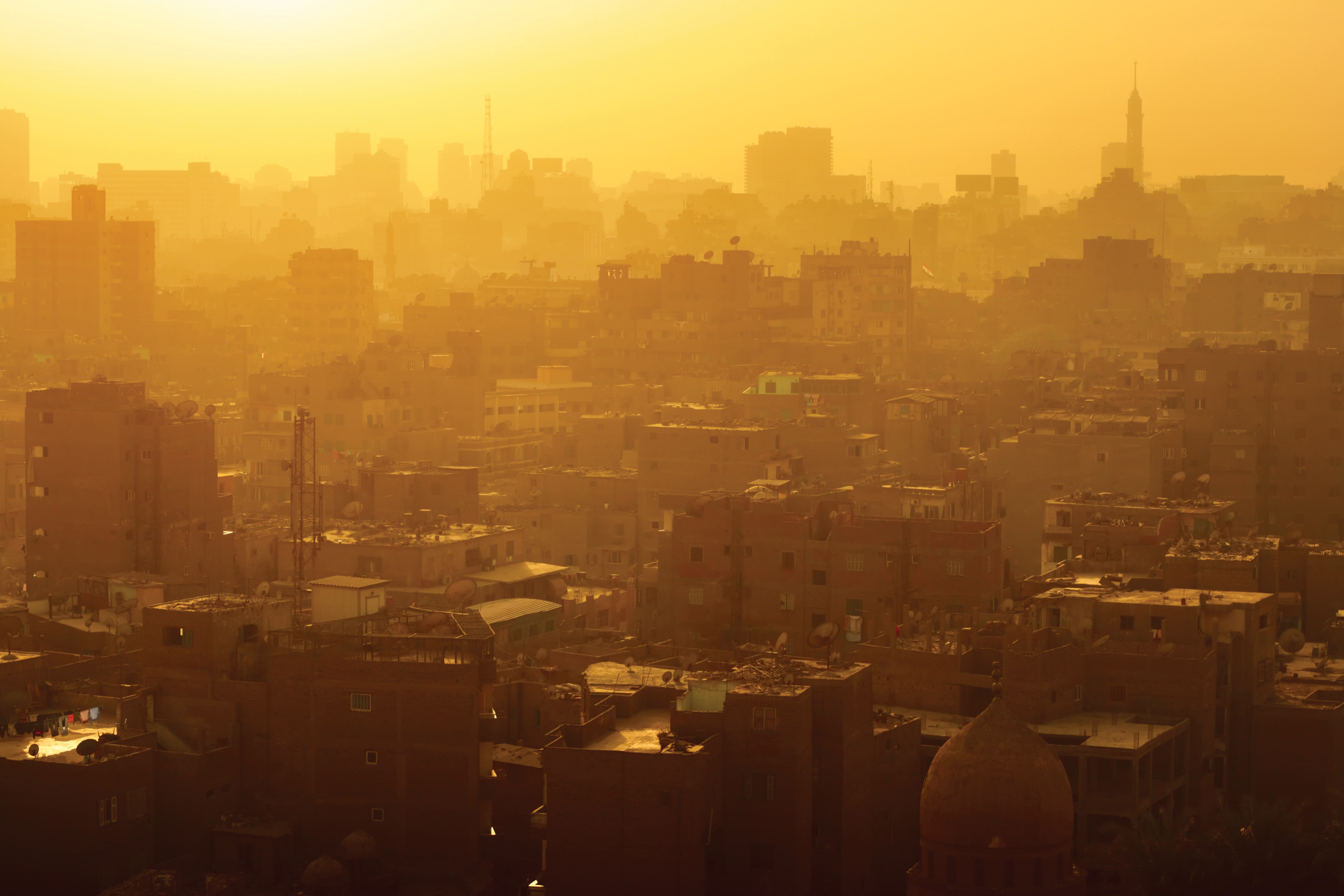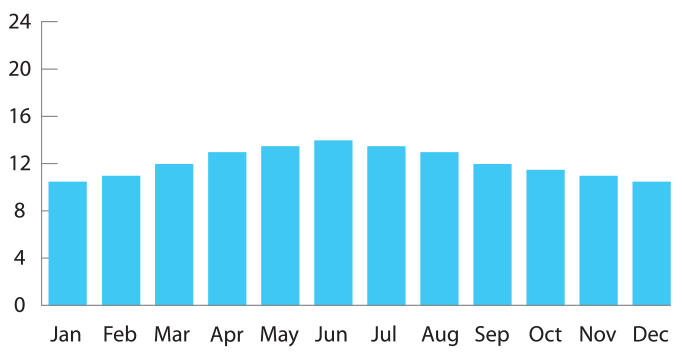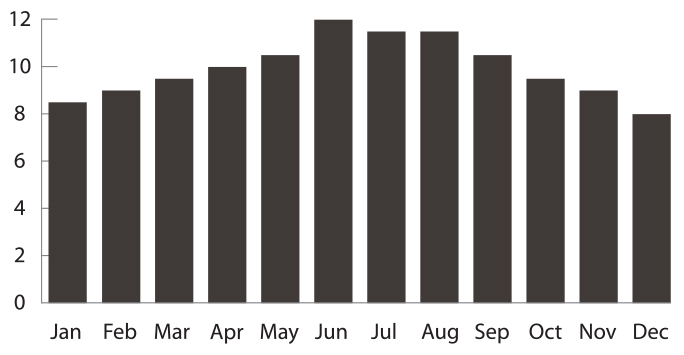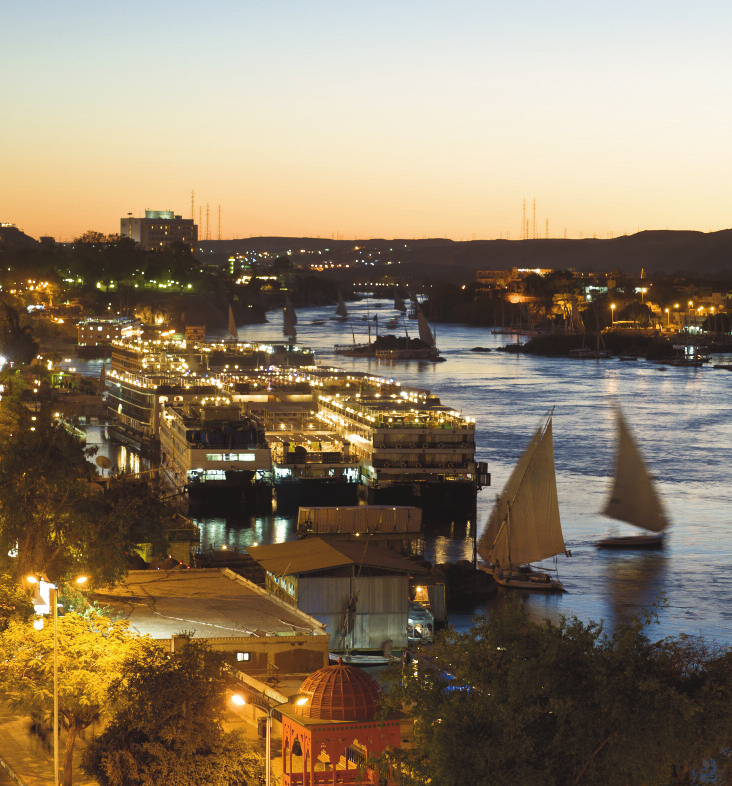In the course of a 90-minute tour I saw all the sites of Egypt - ancient and modern, urban and rural - and not only Egypt but the terrain and environment of any Middle Eastern or desert locale could easily be staged in the comfort of this state-of-the-art studio complex.”
Lynn Fero, VP, CBS TV Distribution



